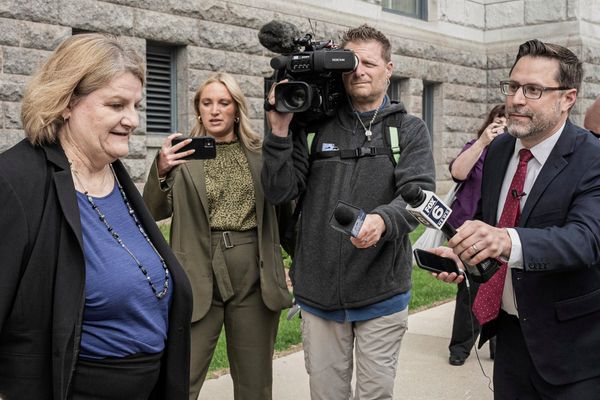
I’ll never forget the day I got married. Although we didn’t do anything extravagant, it was something that meant so much to both of us, and I’ll cherish it forever. That said, some people marry each other for reasons other than love. While marriage is a major legal milestone, there is a marriage license loophole that could invite serious abuse into the relationship. It is crucial to understand these loopholes before you tie the knot, especially if you are living in one of these three states.
1. Tennessee’s Common-Law Marriage Loophole
Although I love the state of Tennessee, it’s the first on my list. There is a major marriage license loophole in the Volunteer State that allows couples to enter into “common-law” marriages without formal registration. Supporters of this have said that it respects religious freedom, but there is a glaring issue. It removes critical safeguards—like minimum age limits—creating room for underage or forced marriages. Because no formal registration is needed, a clerk never verifies the ages of the people involved in the union. This could leave minors vulnerable to abuse because there is no clear age requirement included in common-law marriage legislation. It could expose children to early marriage, which is just wrong.
2. Texas’ Proxy Marriage Exception
Texas—along with Colorado, Kansas, and Montana—permits proxy marriages, where one or both parties never appear before a clerk, often used by deployed military personnel. While designed for convenience, it opens the door to fraud: one person could marry someone without full consent or understanding. This lack of personal presence means signatures and verification can be faked, creating potential for abuse or deception. Although primarily used for legitimate military cases, the legal gap is broad enough that it could be misused in unsupervised, forced, or fraudulent marriages. With no witnessing party challenged the consent, problems may remain legally valid yet ethically concerning.
3. Ohio’s Spousal Rape Exception
Ohio law still contains a disturbing spousal rape loophole: certain non-consensual acts between married couples remain exempt from prosecution. Under this marriage license loophole, if the couple is legally married, certain types of sexual violation may not be prosecutable—even if they’d be crimes outside marriage. Advocates argue this reinforces the dangerous idea that marriage implies blanket consent. Critics call it an unacceptable discrepancy that treats married individuals as second-class citizens under the law. This loophole shows that a marriage license can strip away fundamental legal protections.
How These Loopholes Impact Real People
The consequences of these loopholes are more than legal technicalities—they can devastate lives. In Tennessee, removing age verification may normalize marriages involving minors or coerced consent. Proxy marriage laws in Texas can facilitate hidden, fraudulent unions, whether for financial gain or control. Ohio’s spousal exception can legitimize intimate partner violations. Across all three, there’s a shared lack of oversight, relying on paperwork or informal arrangements that fail to protect the vulnerable. In systems already complex, these gaps leave room for manipulation.
Hearing the words “marriage license loophole,” you might not think twice. However, these loopholes can impact real people in the real world. Their rights, safety, and consent matter. When the legal system allows marriage without proper consent (or even age verification), abuse becomes that much easier to conceal. In these states, the system has left too much room for misuse.
Have you encountered or heard of licensing loopholes affecting family rights? Share your story in the comments—we want to hear your experience.
Read More
9 Legal Loopholes That Favor One Heir Over Others
6 Legal Loopholes That Could Leave Your Spouse With Nothing
The post The Marriage License Loophole That Allows Legal Abuse in These 3 States appeared first on Clever Dude Personal Finance & Money.







